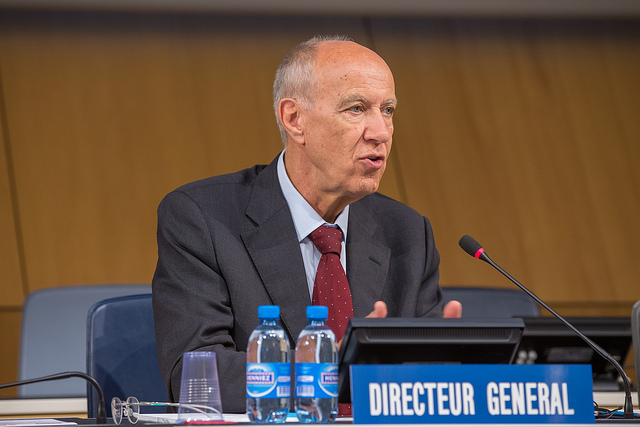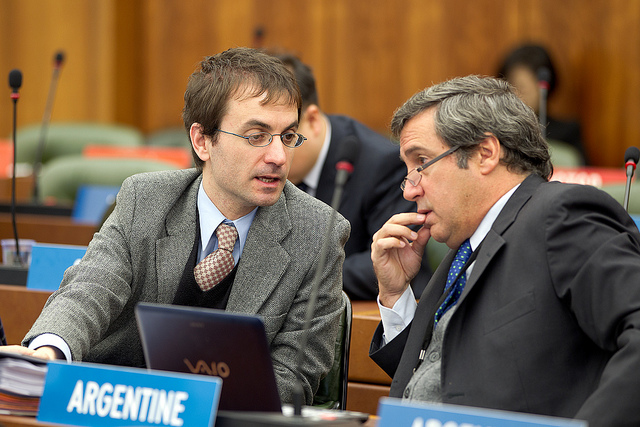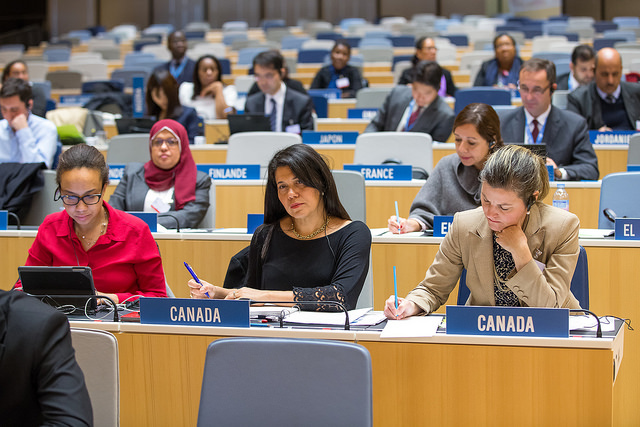WIPO takes a step further in the promotion international access to knowledge. The organization announced this month that it is adopting an Open Access Policy in support of its commitment to the sharing and dissemination of knowledge, and to make its publications easily available to the widest possible audience.
Under this policy, WIPO facilitates free access to online content and publications under WIPO’s name, and also minimizes the conditions and restrictions placed on the use of its content.
To implement this access, WIPO will use the suite Creative Commons Intergovernmental Organizations (IGO) licenses, an online licensing system developed in 2013 in collaboration with several international organizations and the Organisation for Economic Co-operation and Development (OECD).
New WIPO publications published on or after November 15, 2016 and a selection of existing publications have been licensed under the CC-BY 3.0 IGO license or one of the other licenses in the Creative Commons IGO suite. WIPO publications available under Creative Commons licenses will be clearly identified and searchable within the publications area of the WIPO website. Previous publications will be made available on a case-by-case basis.
Through this new policy, WIPO is supporting open archive initiatives that promote the dissemination of content through interoperability standards and efficient licensing schemes.



